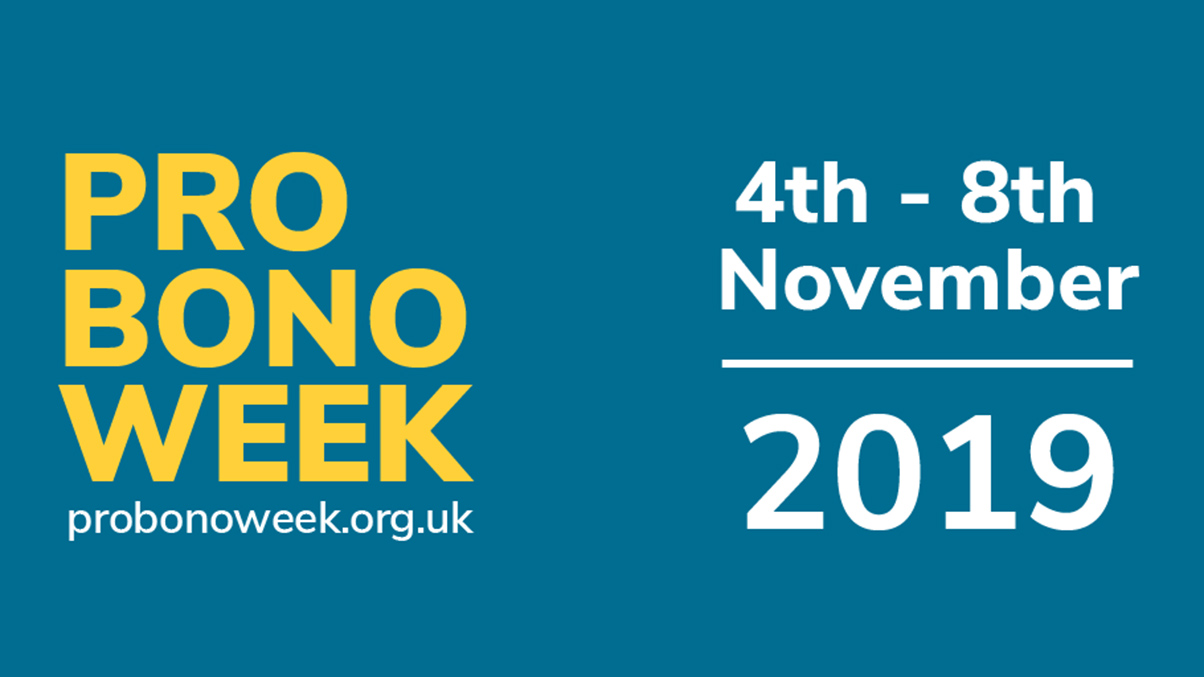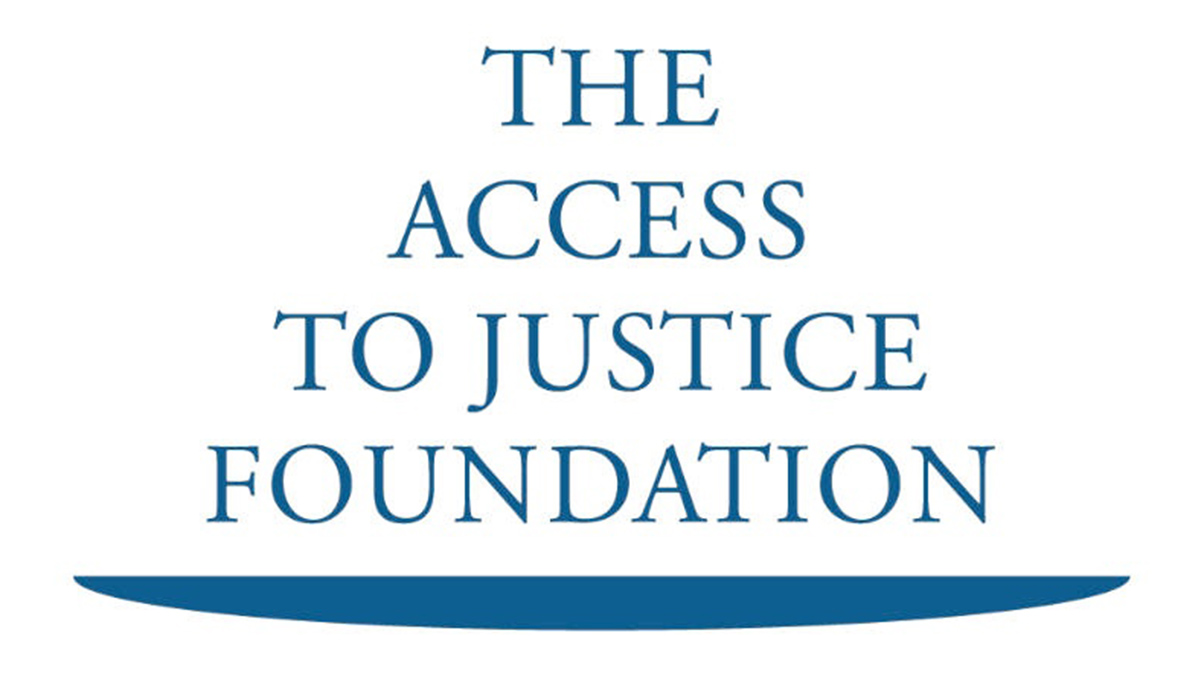National Pro Bono Week 2021 takes place this year from 1 to 5 November 2021. The week allows us to recognise and support the voluntary contribution the legal profession makes by giving free legal help to those in need. This is the 20th year of National Pro Bono Week, and the organisers will be using the anniversary to look ahead to the future of pro bono while reflecting on some of the key moments of the past.
In this article, we look back at the past decade of the Legal Service at Stewarts from its inception in 2012, specifically how the issues we assist our clients with have evolved.
The Legal Service was set up in 2012 to provide legal assistance to those who had suffered life-changing injury or illness. Our designated pro bono team helps patients and their families from the acute stages until long after discharge on an array of legal concerns. Since its inception, the Legal Service has assisted 4,662 clients and provided more than 30,000 hours of free non-compensation legal support. You can read more about the beginnings of the Legal Service in the career story of Kara Smith, who heads up the pro bono team at Stewarts.
In the past 10 years, there have been numerous changes to the landscape in which the pro bono team works, including changes to the law, the NHS, the welfare benefits system and the technology used by our society, to name just a few. Not to mention events that have had an enormous impact on the country, such as Brexit and the Covid-19 pandemic. What hasn’t changed is the serious impact a life-changing injury or illness can have on a patient and their family, which highlights why the pro bono support provided by the Legal Service and others in the legal profession is so crucial.
Below, we highlight some of the key areas of change in the past 10 years that have impacted our work.
Introduction of Universal Credit
In 2010, the government announced an overhaul of the welfare benefits system in the form of Universal Credit (UC), which brought together six of the existing means tested benefits under the same umbrella. The intention was that claims would be simplified and the system made more efficient. The government began to introduce UC in 2013, shortly after the Legal Service started, and its roll out was completed at the end of 2018.
Universal Credit hasn’t been without teething issues, and it has remained a controversial topic since the plans were first unveiled. Initially, it was thwarted by issues with payments and reports of claimants not receiving the correct payments.
We have found it can present issues for claimants following serious injury or illness as there is at least a month’s delay between application and receipt of first payment, causing stress over paying bills in the short term. However, once received, payments can be backdated up to a month before starting the claim. Claims are now started online, and the system has had to deal with a spike of applications triggered by pandemic-related lockdowns and redundancies.
Introduction of Personal Independence Payments (PIP)
At the same time UC was introduced, the government altered the way disability benefits were paid, with PIP replacing the long-established disability living allowance. PIP is an extremely important welfare benefit designed to help with extra living costs following serious injury or illness. We have assisted numerous clients with appealing the initial decision by the Department for Work and Pensions (DWP) on entitlement to benefits. This can be a long and arduous process for those involved, given the backlog at tribunals. Over the years, the DWP has been challenged over its handling of disability benefits and our recent article reflected on some of these cases.
Applying for and registering Lasting Powers of Attorney (LPA)
LPAs can be a useful tool following serious injury or illness, and we have assisted with hundreds of applications since the Legal Service began. During lockdown, many practical issues arose with completing LPAs due to social distancing measures and restrictions on who you could see. This raised questions regarding the ongoing requirement for ‘wet signatures’ on LPAs. The Office of the Public Guardian (OPG), which is part of the Ministry of Justice, has maintained the need for a wet signature for safeguarding purposes. However, there have long been calls to remove this requirement and permit electronic signatures.
On another note, the OPG has shown willingness to make advances by introducing a ‘Use a lasting power of attorney tool’ in 2020, which allows organisations to access and verify a valid LPA online without the need for a hard copy being sent. One of our pro bono clients who used the service commented: “The online system is very easy to use and user-friendly! Not difficult at all.” The OPG has now extended the service to LPAs registered on or after 1 September 2019.
Read our frequently asked questions about powers of attorney here
Introduction of stricter data protection measures
The General Data Protection Regulations (GDPR) enacted in the UK by the Data Protection Act 2018 were introduced to safeguard personal information and give individuals more rights to access information held about them by public bodies. While it is clear why such measures are needed, this can frustrate the process of contacting banks to notify them of an individual’s condition, which is something we commonly assist with.
Since 2018, we have noticed an increasing unwillingness by banks and insurers to discuss with us or even a next of kin the account or policy of an individual who cannot speak, communicate or sign documents themselves. This can result in incapacitated individuals falling into debt when bills are not paid and interest accrues. The rules mean that fewer organisations will exercise their discretion in the best interests of a customer who is seriously unwell for fear of retribution from the regulations. In some cases, it is provided as a reason not to respond at all. Given the time it takes to put a deputyship order in place to legitimise the authority of a third party, this can be distressing for families who wish to assist their injured or unwell loved ones.
Impact of Brexit on welfare benefits claims
Many of our clients seek advice on the different types of benefits they are entitled to claim following a serious injury or illness. One of the major impacts of the UK’s exit from the European Union related to what would happen to EU nationals residing in the UK and how this would affect new and existing welfare benefits claims. We explored this in an article at the start of 2021.
#WeDoProBono
We are extremely proud of the Legal Service and the pro bono support provided over the years to those who have suffered serious injury or illness. We are committed to supporting them and their family at a difficult time in their life when other support may not be available. You can read more about the stories of some of the individuals we have assisted on our website.
To find out more about National Pro Bono Week, visit their website.
We also look ahead to the future and some of the challenges and changes we anticipate in our work going forward and the impact this may have on future clients following serious injury and illness.
This article was written by Senior Paralegal Emily Charlesworth
To make a referral to The Legal Service, please contact Kara Smith by phone on 020 7822 8000 or by email at ksmith@stewartslaw.com.
Subscribe – In order to receive our news straight to your inbox, subscribe here. Our newsletters are sent no more than once a month.
You can find further information regarding our expertise, experience and team on our Personal Injury pages.
If you require assistance from our team, please contact us








